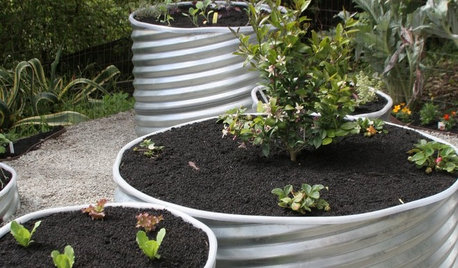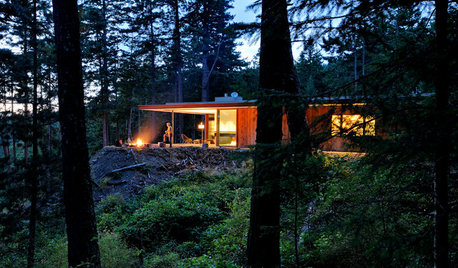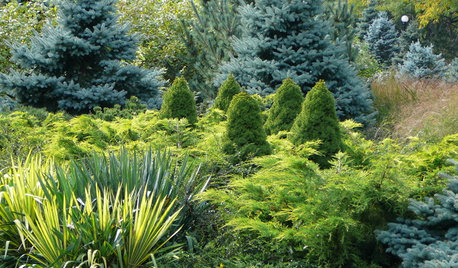Aged Pine bark Fines as soil ammendment...
emyers
15 years ago
Featured Answer
Comments (21)
jean001
15 years agoKimmsr
15 years agoRelated Professionals
Salem Landscape Contractors · Belmont Landscape Contractors · Burlington Landscape Contractors · Cary Landscape Contractors · Chesapeake Ranch Estates Landscape Contractors · Framingham Landscape Contractors · Fuquay-Varina Landscape Contractors · Seven Hills Landscape Contractors · Maple Grove Decks, Patios & Outdoor Enclosures · Ankeny Decks, Patios & Outdoor Enclosures · Fort Lee Decks, Patios & Outdoor Enclosures · Hendersonville Decks, Patios & Outdoor Enclosures · Mebane Decks, Patios & Outdoor Enclosures · Owings Mills Decks, Patios & Outdoor Enclosures · Wentzville Decks, Patios & Outdoor Enclosuresemyers
15 years agorhizo_1 (North AL) zone 7
15 years agoemyers
15 years agojustaguy2
15 years agoorganicguy
15 years agodicot
15 years agojustaguy2
15 years agoemyers
15 years agoKimmsr
15 years agojustaguy2
15 years agoemyers
15 years agojustaguy2
15 years agoemyers
15 years agojustaguy2
15 years agoemyers
15 years agomercygarden
15 years agojonjfarr
11 years agoTheMasterGardener1
11 years ago
Related Stories

GARDENING GUIDESHow to Pick a Mulch — and Why Your Soil Wants It
There's more to topdressing than shredded wood. Learn about mulch types, costs and design considerations here
Full Story
GARDENING GUIDESGardening Solutions for Heavy Clay Soils
What’s a gardener to do with soil that’s easily compacted and has poor drainage? Find out here
Full Story
GARDENING GUIDESHow to Stop Worrying and Start Loving Clay Soil
Clay has many more benefits than you might imagine
Full Story
GARDENING GUIDESGrow a Beautiful Garden in Alkaline Soil
Got alkaline soil? Learn how to manage it and the many beautiful plants that will thrive in this ‘sweet’ soil
Full Story
CONTAINER GARDENSContainer Gardening Basics: The Dirt on Soil
Learn the types of potting soil available and the best mixes to help your containers thrive
Full Story
GARDENING GUIDESGarden Myths to Debunk as You Dig This Fall and Rest Over Winter
Termites hate wood mulch, don’t amend soil for trees, avoid gravel in planters — and more nuggets of garden wisdom
Full Story
FALL GARDENING5 Ways to Put Fall Leaves to Work in Your Garden
Improve your soil and yard the organic way with a valuable garden booster that grows on trees
Full Story
HOUZZ TOURSHouzz Tour: Just What Mom Wanted, Off the Washington Coast
With an art studio, age-in-place features and a view-maximizing design, this home shows just how well the architect knows his client
Full Story
PLANTING IDEASDesigning With Conifers: Layers of Texture for Your Garden
Sharp and prickly or fine like ferns, richly textured conifers bring unexpected interest to the landscape
Full Story
GARDENING GUIDESNew Ways to Think About All That Mulch in the Garden
Before you go making a mountain out of a mulch hill, learn the facts about what your plants and soil really want
Full Story







justaguy2